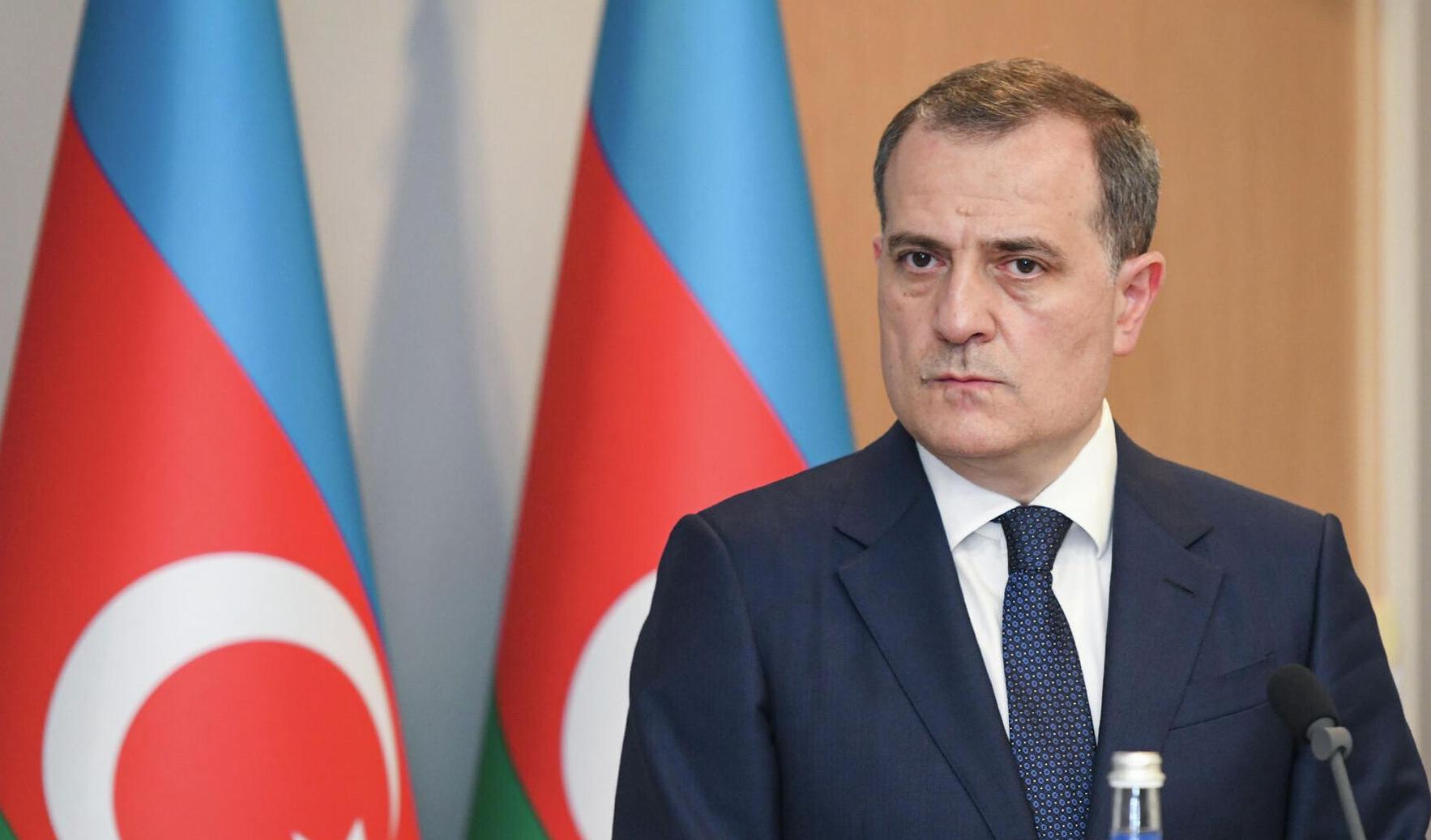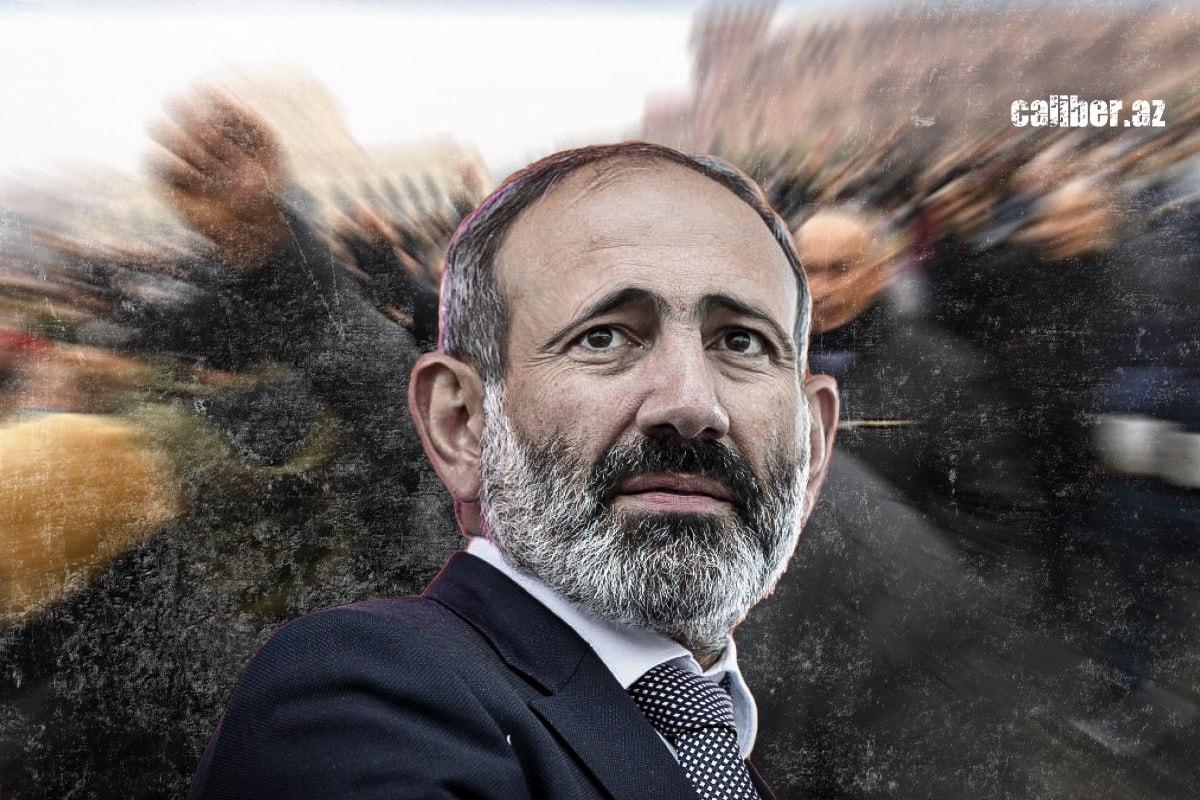Armenia's constitutional shift towards regional harmony From conflict to consensus
The processes taking place in Armenia, by and large, demonstrate the confidence of the ruling team. Summarizing the long confrontation with the rebellious archbishop, Prime Minister Pashinyan defiantly put a helmet on his head, put a camera on the helmet, got behind the wheel of a bicycle and rode through the streets of the Armenian capital. “Rolling, rolling, wherever I want to go,” as Leopold the cat from the famous cartoon sang.
And Armenia does indeed “roll” wherever it wants. For example, Nikol Pashinyan in a telephone conversation with Russian President Vladimir Putin thanked for the instructions given to Russian Railways to repair segments of the railroad in Armenia’s Lori region damaged by recent floods. Everything is as before - we can talk a lot about diversification of foreign policy, but when water washes away the rails, we have to remember who these rails belong to.
Pashinyan exudes smiles, confidence and energy. He seems to be happy with everything, and most importantly, everyone is happy with him. This is partly confirmed by the fact that the leaders of Russia and Belarus, Putin and Lukashenko, called the Armenian prime minister to congratulate him on his birthday.
However, this did not prevent Armenian Foreign Minister Ararat Mirzoyan from discussing with EU High Representative for Foreign Affairs and Security Policy Josep Borrell the imminent prospects of granting Armenian citizens visa-free travel to the EU.
But what is most interesting is what is happening on the Armenian-Azerbaijani track. We have already written about Mirzoyan's statement regarding mutual claims of Baku and Yerevan on each other's constitutions and that it is mostly rather aimed at the internal audience.
Baku responded to these words very gracefully. Azerbaijani Foreign Minister Jeyhun Bayramov said at a joint briefing with his Hungarian counterpart Péter Szijjártó: “The fact that there are such discussions in Armenian society is a positive thing in itself. But it is inadmissible to draw parallels between the constitutions of Azerbaijan and Armenia in this regard. We consider it unacceptable and we inform our other partners about it".

But that's not all. Bayramov also stated the following: "A few days ago, we received another peace treaty proposal from Armenia. I would like to note that there are fewer open questions. Positive progress is observed.
That is Baku, despite Yerevan's forfeit with constitutions, considered it necessary to emphasize that the process not only continues, but also demonstrates positive dynamics. This may be related both to specific agreements between the countries, which have not yet been reported, and to the general understanding of progressive development of the peace settlement.
The sides have repeatedly expressed hope for the possible signing of a peace treaty by the end of this year. However, Armenian PM’s press service denied rumors about Pashinyan's upcoming visit to the COP29 conference in Baku in November, which, apparently, may mean that the peace treaty will not be signed this year after all.
However, it should be remembered that the peace treaty by November was only a maximum program. And the minimum program, judging by many factors, including earlier statements by President Aliyev, is the implementation of the delimitation process. Given Pashinyan's victory over the opposition, which may be temporary, but the parties are succeeding in achieving this. We can now say with a high degree of confidence that the delimitation will be carried out to completion.
But in order to sign the peace treaty, Armenia will have to change its constitution. And here it faces a choice - either to leave everything as it is, not to sign peace and stay away from all regional projects, or to hold a referendum and vote for a new constitution - without territorial claims to its neighbors.
However, in order to hold a referendum to change the constitution, and even more so to achieve a majority in favor of the new basic law, Pashinyan will need a new reason. This reason must be even more compelling in the eyes of broad layers of Armenians than the demands of neighbors and “a red rag to a bull,” since Mirzoyan's statement actually disavowed all of Pashinyan's previous efforts to exhort the public on the need to change the Constitution.

Moreover, it would have been necessary to find such a reason in any case, since even without Mirzoyan's statements Yerevan would surely want to insure itself and present this initiative as unrelated to Azerbaijan's demands. It is possible that the recent protests also led to such an understanding. Apparently, Pashinyan fears more extensive protests, which he may not be able to handle.
Having found such a reason, it would not be difficult to remove the Karabakh clause from the draft of the new constitution. It would not be easy to include the Karabakh clause after the border has been delimited. Such an inclusion would be a real casus belli, allowing Azerbaijan to use force against a country that officially threatens its territorial integrity.
By and large, there is such a reason even now - but so far it is seen by Baku only as a vestige of an old tumor, which Azerbaijan has removed, but which is still present as a diagnosis and threatens future metastases.
The question is: what will be the reason or the occasion for changing the Constitution?








